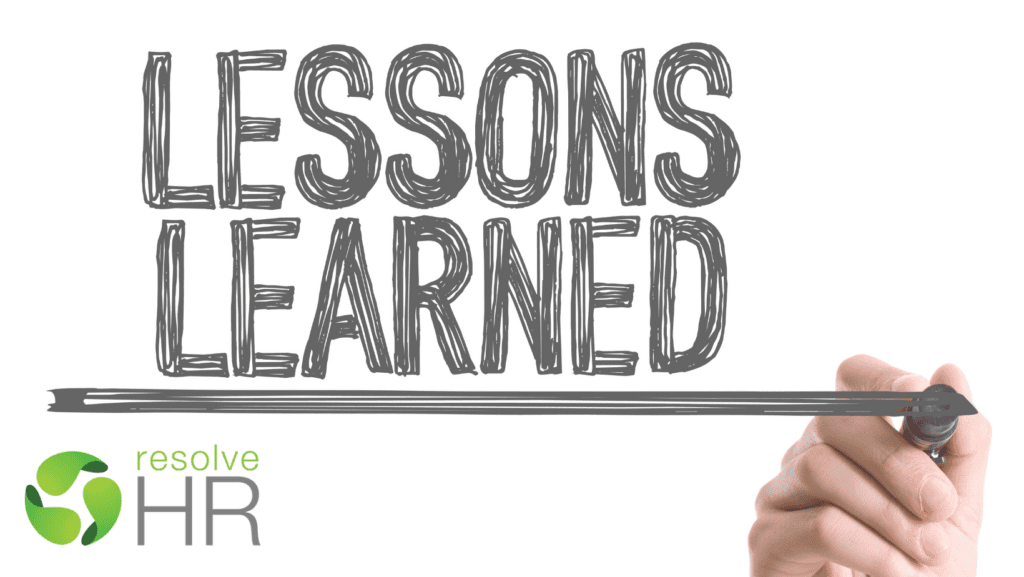
I thought I’d share a quick story that a friend shared with me. The story itself has nothing to do with business operations or managing people – but it gave me a real ‘a-ha’ moment that I wanted to share.
Recently a friend of mine was telling me that he’d been suffering from a bad rash all over his arms and his chest. He tried different creams to no avail. He eventually went to his GP who prescribed a course of antibiotics. Two weeks later, the rash still wasn’t any better, he was still uncomfortable and itchy. Without any other ideas of what could help, my friend was about to embark on a second course of antibiotics.
Coincidentally, around that time, he happened to have an appointment booked in with his dermatologist for an annual skin-check. At his skin-check appointment, my friend took the opportunity to ask the dermatologist to check out his rash.
The dermatologist took one look and diagnosed the rash very quickly. Straight away, the Dr explains that the rash was because my friend was coming into contact with some sort of cleaning product that was in his dry cleaning. Which, of course, now made sense because the rash was only on his torso and arms – his skin was coming into contact with a chemical in his dry-cleaned shirts.
So what was my ‘a-ha’ moment?
My friend’s story got me thinking about how we often try to deal with business related ’problems’. Too often, we rely on our own experiences or our own instincts to decide on a course of action. Or we’re phoning a friend or family to ‘debrief’ and say “hey, this is my issue, what would you do? How have you handled this before?”.
But when there’s a big pain point, or the impact of what we are dealing with is significant, it makes a lot more sense to go to a specialist to get things sorted out. The specialist will share their expertise and knowledge of the problem – which is likely going to save us from a lot of suffering and negative consequences in the long run. It’s a trade-off between the short term pain and long term gain.
Managing workplace conflict is just one of the examples that sprang to mind in relation to this. We so often hear from business owners who are dealing with employees in conflict, often conflict that has been bubbling away for some time. The negative impact that this has on team culture goes without saying, but the negative consequences often snowball if the conflict is left to continue unchecked.
It got me thinking that often as business owners, we can be more aware of our decision to either keep trying to solve such business ‘problems’ ourselves… or maybe it’s time to pick up the phone and go to a specialist for advice.
Nick Hedges is the founder of Resolve HR, a Sydney-based HR consultancy specialising in providing workplace advice to managers and business owners. He recently published his first book, “Exiting Underperforming Team Members – The Inside Scoop”. It is a practical response to the most pressing HR challenges, which can be found at https://resolvehr.com.au/.
Disclaimer: The contents written do not constitute legal advice and does not cater for individual circumstances. The information contained herein is not intended to be a substitute for legal advice and should not be relied upon as such.
